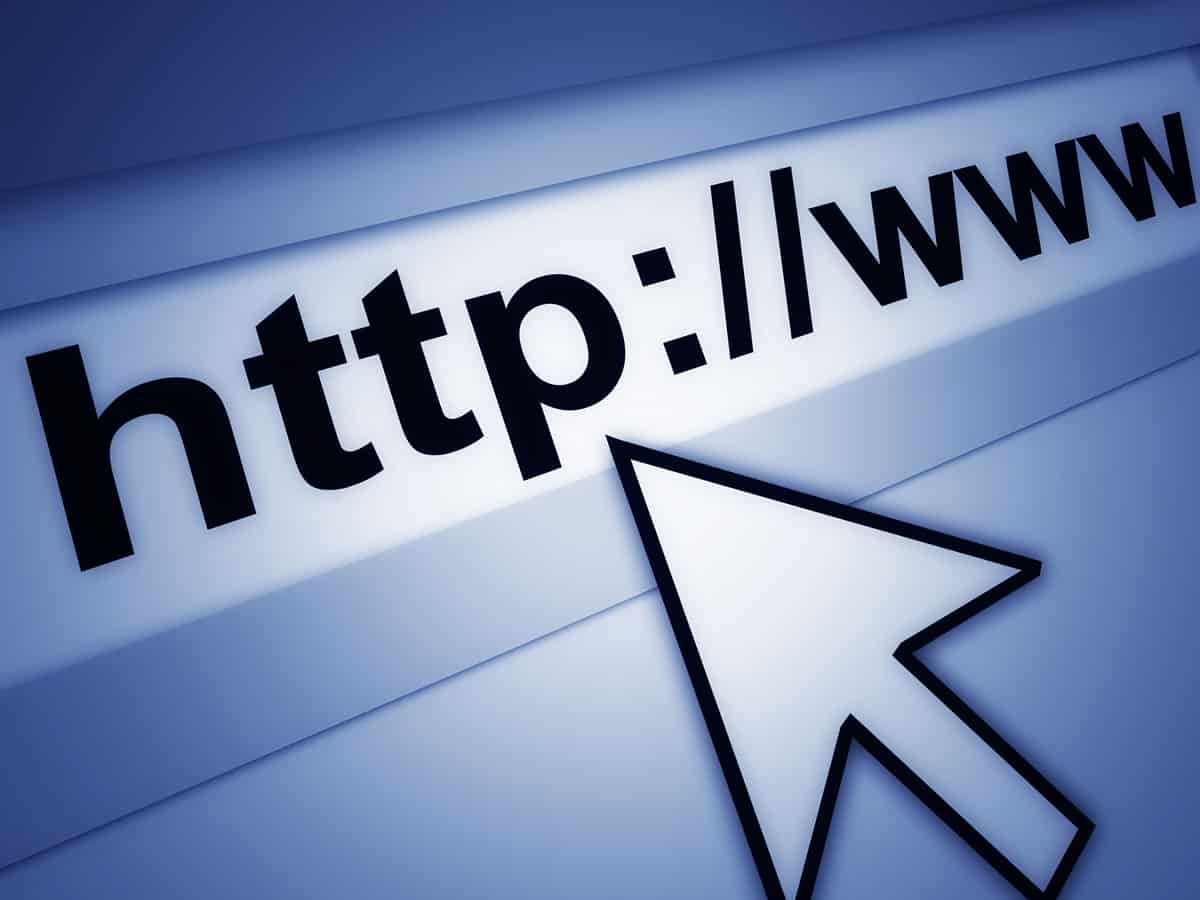
India topped the global list of internet shutdowns for the fifth year in a row in 2022, with at least 84 disruptions, according to a report released on Tuesday by the international digital rights organisation Access Now in collaboration with the #KeepItOn coalition.
According to the report, India has accounted for approximately 58% of all documented shutdowns worldwide since 2016.
Authorities last year disrupted internet access at least 49 times in Jammu & Kashmir, including 16 back-to-back orders for three-day-long curfew-style shutdowns in January and February,” the report said.
Rajasthan had 12 shutdowns, West Bengal had seven, and Haryana and Jharkhand each had four.
The authorities ‘interfered with access during high-profile events such as protests, conflict, school exams, and elections,’ according to the report.
While there were fewer shutdowns than in 2021, the Union government’s refusal to document and publish orders for them, as well as technical challenges in tracking, likely meant that not all disruptions were recorded.
According to Raman Jit Singh Chima, Access Now’s senior international counsel and Asia Pacific policy director, India has the most internet shutdowns of any country on the planet.
“That is 84 attacks on fundamental rights across the world’s biggest democracy. For a country chairing the G20, and on the eve of its pivotal 2024 general elections, these disruptions are jeopardising the future of India’s tech economy and digital livelihood ambitions — truly a global shame.”
“In 2022, from targeted blocking in the Jammu & Kashmir region to knee-jerk shutdowns seeking to crush [the] public protest, authorities in India worked hard to exert control further over India’s online sphere. But, slowly, they are learning that the world is watching, and people are fighting back.”
This month, the Parliamentary Standing Committee on Communications and Information Technology asked the Department of Telecommunications (DoT) and the Union Ministry of Home Affairs (MHA) to ensure that states and union territories strictly followed the rules and guidelines of the Supreme Court when imposing telecom or internet shutdowns.
In 2020, the Supreme Court declared internet access to be a fundamental right by extension, blaming the government for the telecommunications blackout in Jammu and Kashmir. It stated that the blackout could not last indefinitely.
According to the court, blackout orders must now be published with specific reasons and must be proportional to the concerns necessitating such suspension.
As part of its recommendation, the parliamentary panel emphasised the need for a mechanism to maintain a centralised database of all shutdown orders in its report.
The panel said that zero efforts have been made to implement the recommendation. “No centralized data is maintained either by DoT or MHA and they are not aware of the number of internet shutdowns imposed by the states.”
The panel asked for a study to assess the impact of internet shutdowns. “Frequent shutdown of the internet without any empirical study to prove the effectiveness of internet shutdown in controlling law and order, civic unrest, etc. is a matter of great concern to the committee.”

